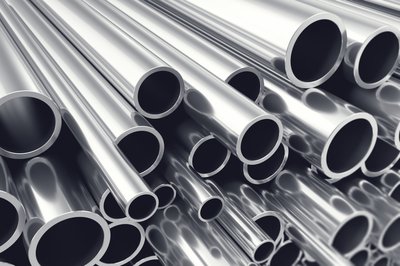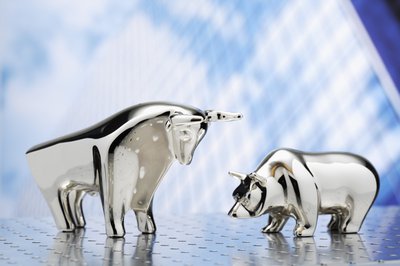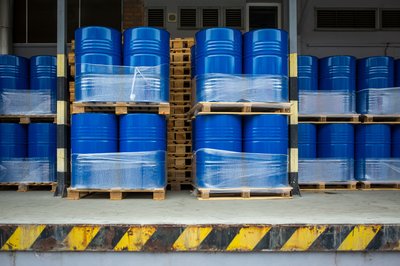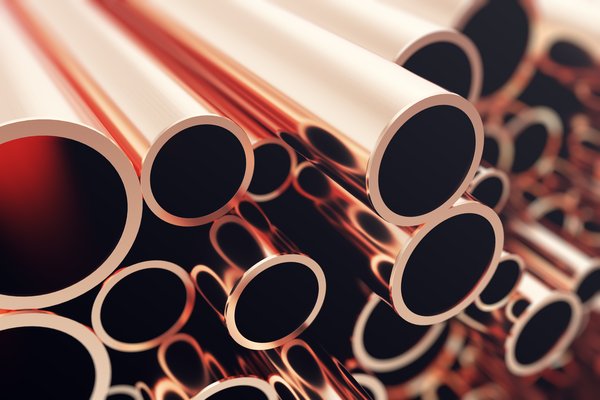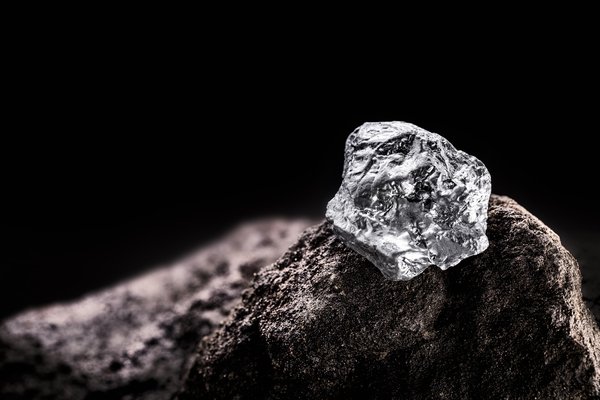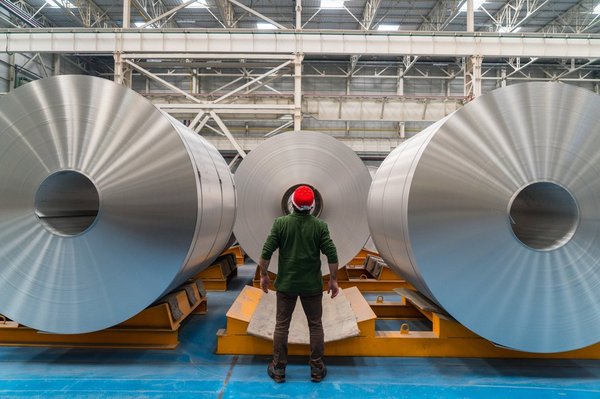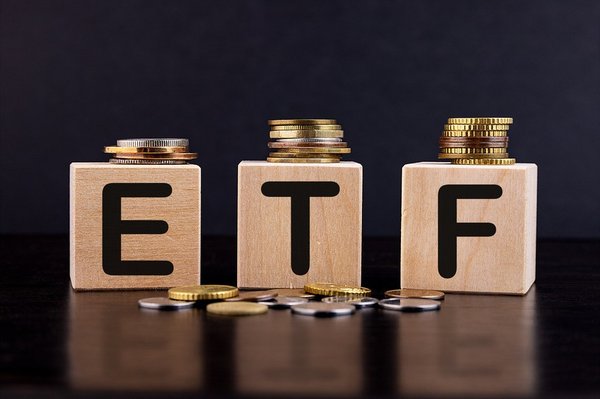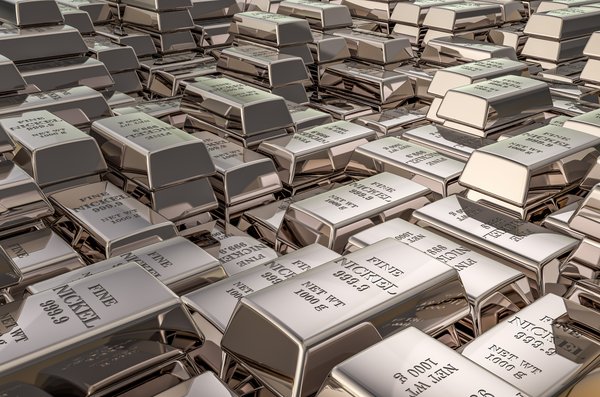Precious metals are rare metals that have high economic value. They're valuable because they're scarce, useful for industrial processes, or have investment properties that make them a good store of value. Notable precious metals include gold, silver, platinum, and palladium.
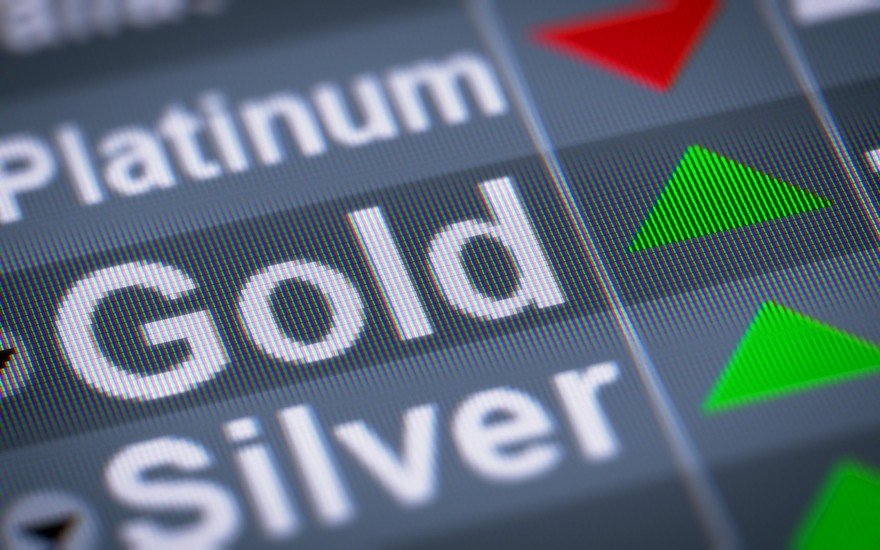
Here's a guide to investing in precious metals. We'll cover what they are; the advantages, disadvantages, and risks of investing in them; and some precious metal investments to consider.
Gold
Gold is the most well-known and investable precious metal. It's unique for its durability (it doesn't corrode), shaping capability, and ability to conduct heat and electricity. While it has some industrial uses in dentistry and electronics, it's primarily used to make jewelry or as a form of currency. It has long been a store of value. Because of that, investors seek it out during times of economic or political turbulence and as a hedge against rising inflation.
There are many ways to invest in gold. You can purchase physical gold coins, bars, or jewelry. Investors can also buy gold stocks (shares of gold mining, streaming, or royalty companies), gold-focused exchange-traded funds (ETFs), or gold-focused mutual funds. Each gold investment option has its pros and cons. Drawbacks include the expense of storing and insuring physical gold and the potential underperformance of gold stocks and gold ETFs versus the price of gold. Advantages include the ability of physical gold to track the precious metal's price and the potential for outperformance by gold stocks and ETFs.
Silver
Silver is the second most-common precious metal. It's an important industrial metal used in the electrical, electronics, and photography industries. For example, because of its electrical properties, silver is a vital component in solar panels. Silver is also a store of value that's used to make jewelry, silverware, coins, and bars.
Silver's dual role as an industrial metal and store of value tends to make it more volatile than the price of gold. The volatility can have a big impact on silver stock prices. In some cases, silver prices can outperform gold during periods of high industrial and investor demand.
Platinum
Platinum is one of six platinum-group metals (PGM) that also includes ruthenium, rhodium, palladium, osmium, and iridium. They all have similar properties and often naturally occur in the same mineral deposits.
Platinum, like silver, is primarily used as an industrial metal. It's essential for the automotive industry, which uses it to make catalytic converters that help reduce emissions from vehicle exhaust. In addition, the petroleum and refining sectors and the computer industry use platinum. Some jewelry is also made out of platinum. Given its rarity, the metal holds some investment value, although not to the same extent as silver or gold.
Palladium
Palladium is another PGM with important industrial usage. It is used in electronics and industrial products, dentistry, medicine, chemical applications, jewelry, and groundwater treatment. While rare and highly valuable for those purposes, investors don't put as much emphasis on palladium as they do on other precious metals.
Advantages and disadvantages to investing in precious metals
Precious metals provide several benefits to investors, including:
- A hedge against inflation: Precious metals prices tend to rise at or above the inflation rate.
- Tangible asset: Precious metals are real assets that hold value beyond investment purposes such as jewelry or industrial uses.
- It's a fairly liquid investment: You can quickly sell precious metals (especially investment products) and convert them to cash.
- Provides portfolio diversification: The price movements of precious metals don't always go in the same direction as the stock or bond markets.
There are also some disadvantages to investing in precious metals. For example, if you hold the physical metals, there are costs for storing and insuring them. There's also the potential for theft. Also, if you sell them at a profit, the IRS taxes them as collectibles, which, at 28%, is higher than capital gains tax rates. Another disadvantage of a direct investment in precious metals is that they don't generate income.
Risks of investing in precious metals
In addition to some of the disadvantages of investing in precious metals, there are other risks investors should consider. One of the biggest is price volatility. Several factors can drive precious metals prices, including changes in the economy, Federal Reserve policy, investor demand, mining supply, and inflation.
Meanwhile, investments derived from precious metals (e.g., stocks, ETFs, and mutual funds) carry a different set of risk factors. For example, a mining company could experience cost overruns when developing a new mine, mismanagement, or financial issues that could cause its share price to significantly underperform precious metals prices. Also, there's more correlation with the stock market with these types of investments, which could also cause the price of precious metals stocks to underperform the price of the underlying metals during a broad market sell-off.
An emerging risk of precious metals investing is the rise of cryptocurrency. Crypto assets have similar investment properties as gold and silver. Both are a store of value and a potential hedge against inflation and geopolitical and economic risks. As more investors turn to cryptocurrencies, investor demand for gold and silver could diminish, pulling down their prices.
How to invest in precious metals
There are several ways to invest in precious metals. They fall into two basic groupings:
- Physical precious metals: You can buy physical bars, coins, and jewelry made from precious metals to hold as an investment. These physical precious metal investments should gain value as the price of the underlying precious metal increases.
- Precious metals investment products: You can buy precious metals-based investment products. These include shares of precious metals mining, streaming, or royalty companies; exchange-traded funds (ETFs) or mutual funds focused on precious metals; or futures contracts. These investments should grow in value as the price of the underlying precious metal increases.
Best precious metals to invest in
One of the easiest ways to invest in precious metals is through the stock market. Several companies focused on precious metals trade on stock exchanges. Here are five top precious metals stocks that investors could consider:
- First Majestic Silver (NYSE:AG): First Majestic Silver is a silver and gold mining company. It has the most direct exposure to the price of silver in the mining sector (as measured by miners with a market cap of at least $1 billion), which was 56% of its revenue in 2021.
- Franco-Nevada (NYSE:FNV): Franco-Nevada is a leading gold-focused royalty and streaming company. It also generates revenue from silver, PGM, energy, and other mined materials.
- Newmont Mining (NYSE:NEM): Newmont Mining is the largest gold mining company in the world and the fourth-largest silver producer. In addition to precious metals, Newmont produces other basic materials, including copper, zinc, and lead.
- Sibanye-Stillwater (NYSE:SBSW): Sibanye-Stillwater is the world's largest primary producer of PGMs, including platinum and palladium. It's also a leading gold producer and has investments in metals used to make electric vehicle (EV) batteries.
- Wheaton Precious Metals (NYSE:WPM): Wheaton Precious Metals is one of the world's largest precious metals streaming companies, generating revenue from gold, silver, palladium, and cobalt.
Related Investing Topics
Precious metals investing can be challenging
Investing in precious metals isn't for everyone. You need to determine why you want to invest in precious metals (a hedge against inflation, to store value, diversify your portfolio, or profit from higher prices) and pick the metal and investment vehicle that best matches your investment thesis. Each option has its share of pros, cons, and risks. One of the biggest risks is that you could be right on the view (e.g., gold prices will rise) but choose an investment vehicle that ends up underperforming the underlying precious metals. Investors need to carefully consider whether they want to invest in precious metals, and, if they do, fully understand the risks associated with their chosen investment.







